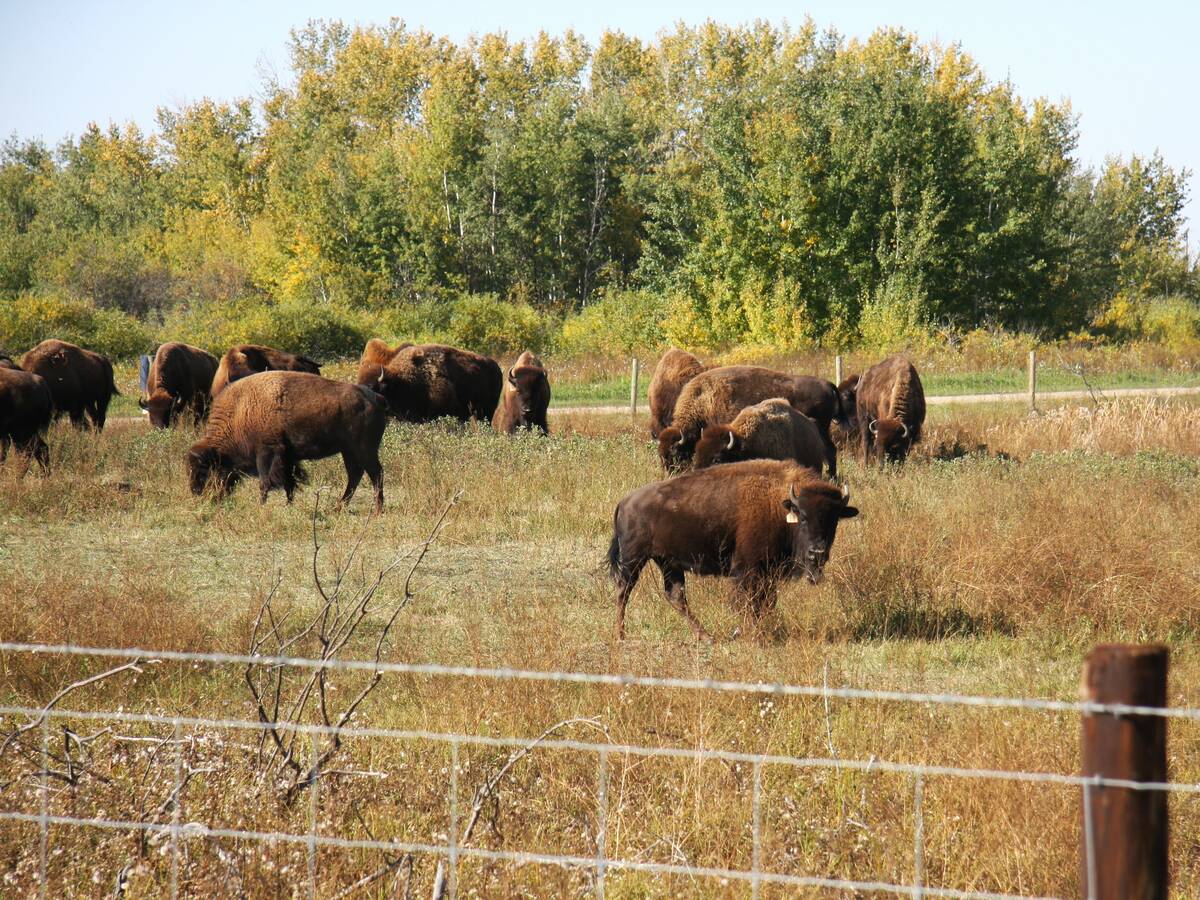An experienced federal trade and finance bureaucrat and diplomat is Canada’s new ambassador and chief negotiator at the World Trade Organization.
Jonathan Fried, ambassador to Japan since 2008, former senior Canadian representative at the International Monetary Fund and a senior government lawyer for the North American Free Trade Agreement, was named WTO ambassador in Geneva last week.
He replaces foreign affairs department veteran bureaucrat John Gero.
It means Fried will represent Canada at WTO meetings and be the lead negotiator during attempts to forge a new world trade agreement.
Read Also

National Day for Truth and Reconciliation: Acknowledging the past, seeking a better future
How can the treaty rights of Indigenous peoples be honoured in a way that gives them a proper seat at the table when it comes to farming in Canada?
Gilles Gauthier from Agriculture Canada will continue to be the lead agricultural issues negotiator.
However, the change on WTO ambassador does not change the WTO dynamic.
Talks launched in 2001 in Doha, Qatar, have stalled, longtime director general Pascal Lamy leaves office soon and there are few prospects for negotiation breakthroughs.
Ministers from WTO countries are scheduled to meet late next year in Indonesia, but there is little prospect for a relaunch of negotiations in many areas.
Although agriculture often is described as a major sticking point, it is one of many.
On agriculture, a deep rift has grown between developed and developing countries about obligations for trade liberalization and subsidy cutting that developing countries would have to implement after any deal.
A coalition of developing countries is insisting that rich countries bear the brunt of liberalization and support cuts while they catch up to agricultural development by maintaining their support programs and import barriers.
















